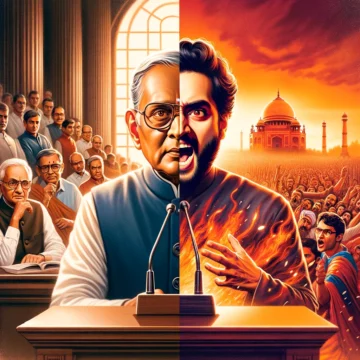As one of the prominent Indian freedom fighters, Gopal Krishna Gokhale played a pivotal role in the early years of India's struggle against British colonial rule. Born on May 9, 1866, in Ratnagiri, Maharashtra, Gokhale's contributions as a senior leader of the Indian National Congress and a distinguished social reformer were significant. His diplomatic skills and steadfast principles led him to the presidency of the Congress in 1905, advocating for self-rule through gradual and constitutional reforms. Gokhale’s commitment to moderate nationalism and his focus on elevating the Indian elite's status underscored his strategic approach to engaging with colonial authorities through dialogue and legislative advocacy. His founding of the Servants of India Society aimed to prepare the nation for self-governance by educating and reforming society from within, further cementing his legacy as a reformer. The juxtaposition of Gokhale’s philosophies with those of Bal Gangadhar Tilak offers profound insight into the diverse strategies that shaped the struggle of Indian freedom fighters, highlighting the complex interplay between moderate reform and radical activism in their quest for self-rule.


